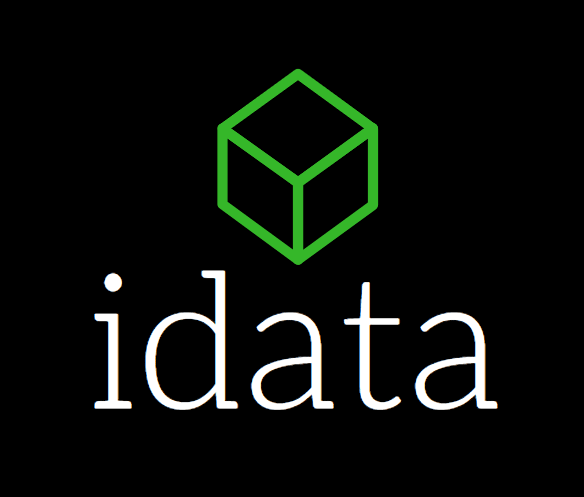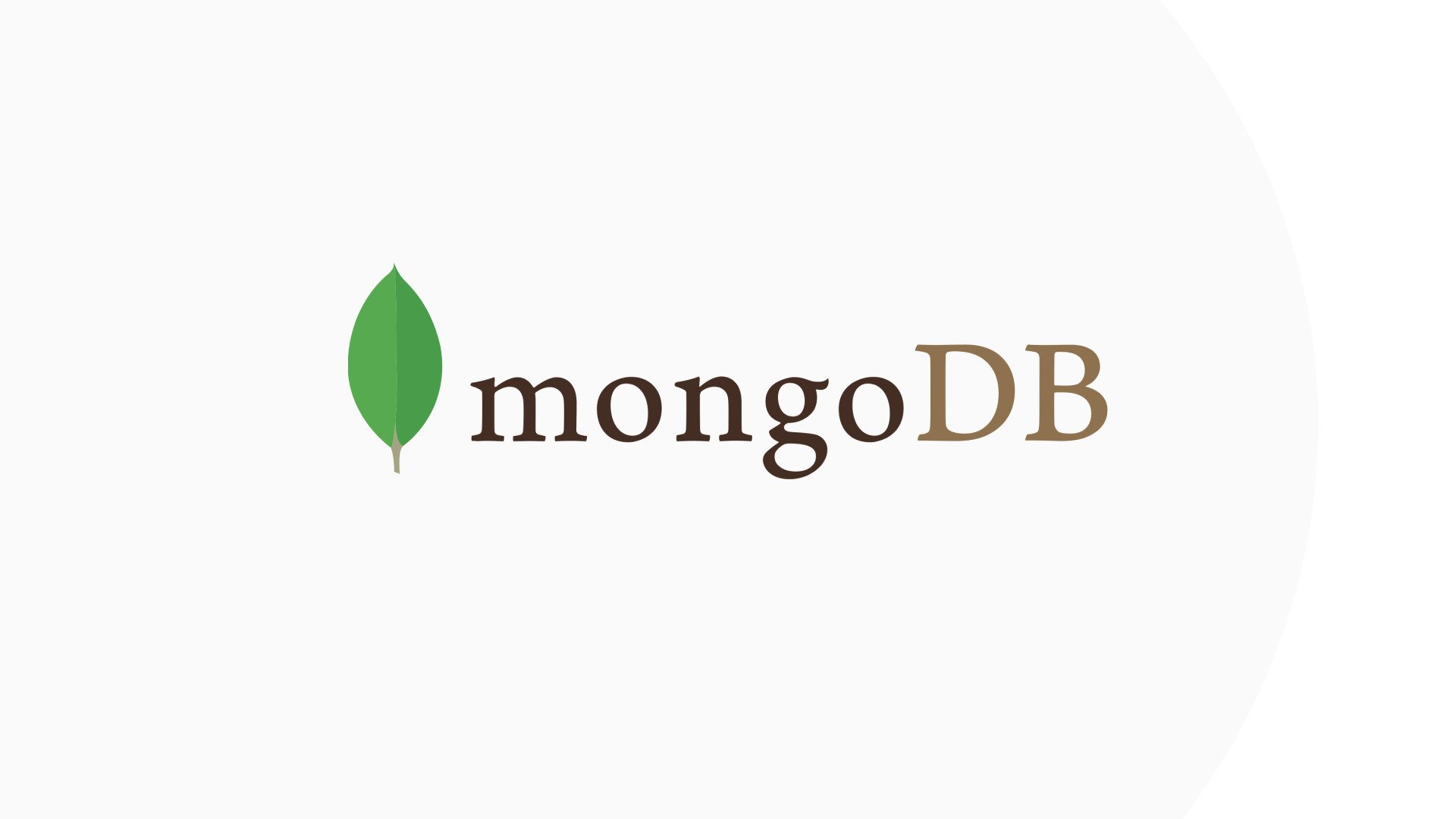MongoDB in Hybrid Cloud Environments: Harnessing the Power of Flexibility
The cloud computing landscape has transformed the way organizations manage their data and applications. Whether it's the public cloud, private cloud, or a combination of both, the cloud has become an integral part of modern IT infrastructure. Hybrid clouds in particular offer a unique blend of flexibility and control, allowing organizations to leverage the benefits of both public and private cloud resources. When it comes to managing data in a hybrid cloud, MongoDB shines as a versatile and capable NoSQL database system.
MongoDB: A NoSQL Database for All Clouds
MongoDB is a leading NoSQL database management system known for its flexibility, scalability, and ease of use. It's an ideal choice for organizations looking to harness the advantages of hybrid clouds. Here's how MongoDB plays a vital role in hybrid cloud environments:
Data Replication and Sharding
MongoDB's built-in features distribute data across on-premises and public cloud data centers, ensuring high availability and fault tolerance.
Data Synchronization
MongoDB ensures data consistency between on-premises and cloud-based deployments through features like change streams and replication.Scalability
MongoDB's horizontal scaling adjusts to workload demands, with many cloud-based MongoDB services offering auto-scaling.Security and Access Control
Robust access control mechanisms secure data, whether it's on-premises or in the cloud.Backup and Disaster Recovery
MongoDB provides tools for comprehensive data resilience and recovery, with backups stored on-premises and in the cloud.Geographic Distribution
MongoDB allows strategic cluster deployment across multiple regions, optimizing performance and compliance in a hybrid cloud setup.Cloud-Based MongoDB Services
Major cloud providers offer managed MongoDB services, simplifying integration with on-premises MongoDB deployments.
Designing your hybrid cloud MongoDB deployment
To implement MongoDB effectively in a hybrid cloud, careful planning is required. Consider factors like network connectivity, data synchronization strategies, data consistency, security, and performance as you design your architecture. Each organization's requirements and constraints are unique, so a tailored approach is essential.
In conclusion, MongoDB in hybrid cloud environments is a powerful combination that empowers organizations to balance control and flexibility effectively. As the hybrid cloud model continues to gain popularity, MongoDB's ability to adapt and thrive in this landscape positions it as a valuable tool for modern enterprises. Whether you're managing sensitive data, optimizing costs, or ensuring scalability, MongoDB in a hybrid cloud environment offers a robust solution to meet your evolving business needs.

